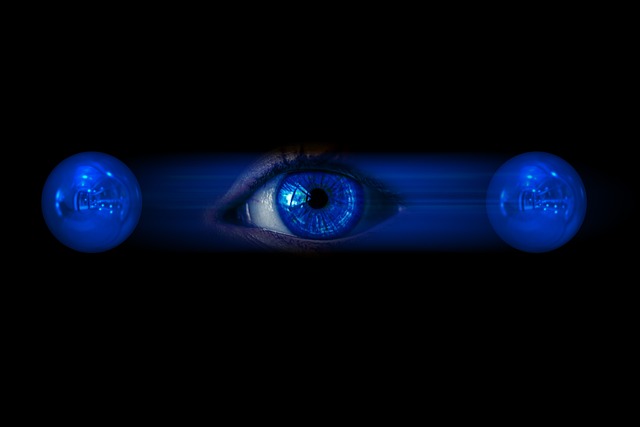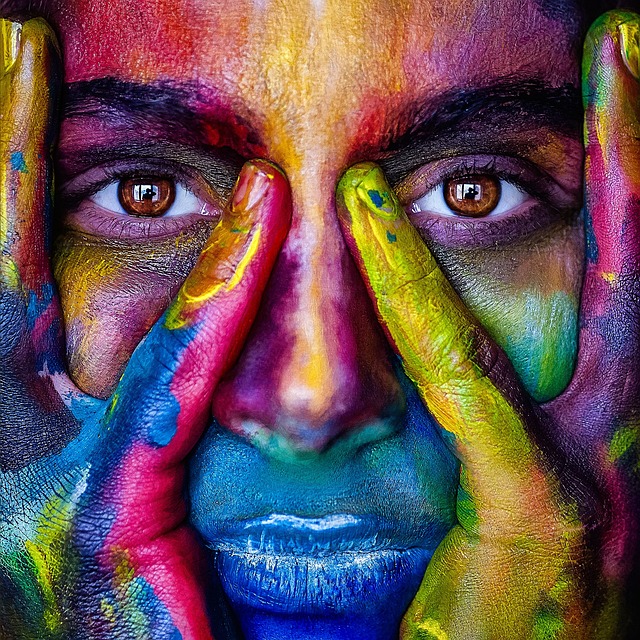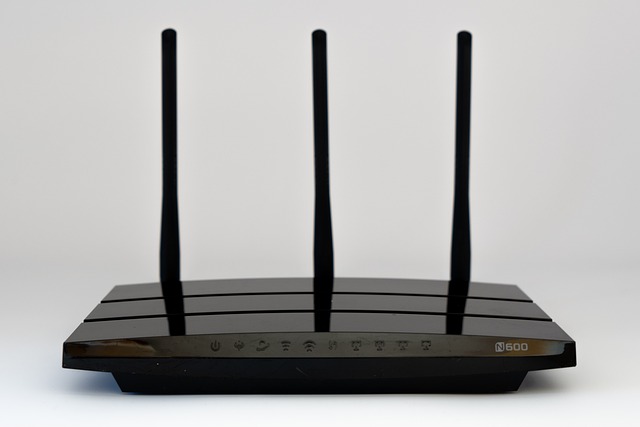The exploration of our ever-evolving perception of reality has taken a fascinating turn with the advent of Virtual Reality (VR), Augmented Reality (AR), and the expansive concept of the Metaverse. These technologies are reshaping not only the way we interact with digital environments but also how we connect with one another in both personal and professional realms.
Virtual Reality immerses users in a fully digital landscape, allowing them to escape the physical world and enter fantastical scenarios where the limitations of reality no longer apply. With VR headsets like the Oculus Quest and HTC Vive, users can traverse virtual domains, whether it’s conquering a medieval castle or exploring the depths of the ocean. This immersive experience significantly alters our perception of presence, making users feel as if they are genuinely “there” in these constructed worlds. As you wear the headset and enter these realms, you become the protagonist of an intricate narrative, heightening emotional responses and engagement levels in a way traditional media cannot replicate.
On the other hand, Augmented Reality seamlessly blends digital elements with the real world, enhancing our everyday experiences. Through smartphones and AR glasses, we can view pertinent information superimposed on our surroundings, such as navigating directions labeled on buildings or viewing product information in stores. This technology reshapes our perception of our immediate environment, allowing us to interact with the world around us in more informed and exciting ways. For instance, applications like Pokémon GO encourage players to engage with their communities by hunting digital creatures in real-world locations, merging gaming with physical activity and social interaction.
Then, there’s the concept of the Metaverse, a collective virtual shared space that evolves as users engage with it. Built upon the foundations of VR and AR, the Metaverse promises a convergence of social media, online gaming, and virtual economies. It’s not just a place to hang out; it’s a thriving universe where anyone can socialize, work, shop, and create. With platforms like Decentraland and Facebook’s Horizon Workrooms, individuals are discovering new dimensions of connectivity, shaping their identities, and forming communities that transcend geographic boundaries. The interplay of identity and space in the Metaverse invites users to reconsider their perception of reality, life, and community in an increasingly digital age.
Each of these technologies—VR, AR, and the Metaverse—offers unique experiences that challenge our traditional notions of reality and engagement. As we adapt to this digital landscape, understanding how our perception is shaped by these technologies becomes essential. We not only need to navigate the virtual domains that lie ahead but also consider the implications for our real-world interactions. As these advancements continue to accelerate, we must embrace the possibilities they present, while remaining mindful of their impact on our perception of reality.




